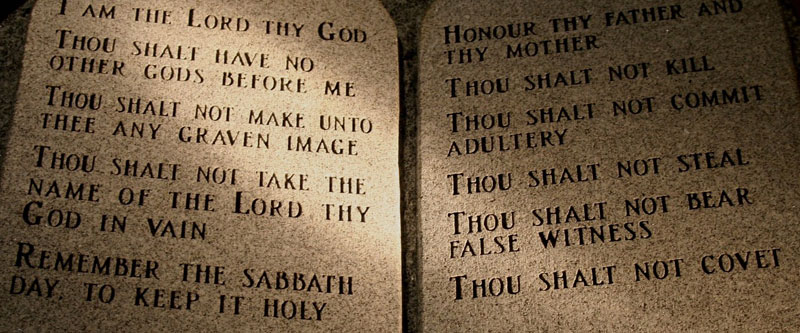The arrival of our first child often makes us doubt the theological accuracy of the sinfulness of man…for a couple of months. It does not take long before the addition of another sinner into our family to, in fact, clearly reveals the sin that is bound up in every person’s heart. Our little ones never have to be taught to rebel against mom and dad. As soon as they are mobile they begin asserting their own wills and when it runs counter to ours, the mentality is often: “Too bad for you, dad!” If the Lord blesses us with more than one child, these transgressions begin accumulate and pile up, and we must learn to deal with them. To navigate these waters it is important to understand the difference between saying “I’m sorry,” and asking forgiveness.
To say “I’m sorry,” is to make a statement of regret. It is an acknowledgment that we have caused something to happen and we wish we had not. In this statement of regret something is missing: acknowledgement of guilt. That which is lacking forms a proper gauge for when this expression should be used. Not all actions effecting others are sinful. For example, when we are holding a cup and it slips out of our hand and shatters on the ground, we were not being careless neither was breaking the cup our intention. It was an accident. A simple “I’m sorry honey. I’ll clean it up,” is a sufficient response. In other words, we say we are sorry when we accidentally do something do another person. However, there are times when saying “I’m sorry,” is not adequate. In fact, to say “I’m sorry,” in response to sin actually tries to minimize the sinful intent of our behavior.
One of the things that must be present in dealing with sinful behavior is an acknowledgment of guilt. In Psalm 32, David is dealing with the right process of confessing sin to God. He does not tell us to tell God of our regret, but says the following: “I acknowledged my sin to you, and I did not cover my iniquity; I said ‘I will confess my transgressions to the Lord,’ and you forgave the iniquity of my sin.” David acknowledges his specific sins to the Lord and waits for his forgiveness. The same process is set before us in 1 John 1:9: “If we confess our sins, he is faithful and just to forgive us our sins and to cleanse us from all unrighteousness.” What is true in our relationship with God is also true in human relationships. When we have willfully sinned against our wife, or children, we should acknowledge our sinful ways to them and wait for them to grant forgiveness. We have to admit that we did exactly as we intended at that moment, and ask that they would graciously set our sin against them to the side.
In the conflicts in our homes this distinction is important. Too often our children will be content to express regret in saying “I’m sorry,” without any acknowledgment of guilt in asking forgiveness. We must teach our children to follow the right biblical pattern when it comes to addressing sin between them and God and them and people. Have them acknowledge their guilt before the one they offended, and wait for them to forgive. This process impresses what true repentance is on our children instead of minimizing their sin by allowing them only to express regret.









